Teaching
Teaching
Teaching Philosophy & Pedagogic Practice
Knowing Self, Understanding the Other
At the beginning of each semester, I make a commitment to my students. This commitment goes beyond the semester and into their four years of university-life until graduation. I view the class as a chance-meeting that is based on a meaningful encounter. My responsibility as an instructor, facilitator, counselor, and mentor does not end at the closing of the semester limited to a classroom-setting. This commitment to guide students continues until their departure from university into varying career or academic endeavors, with a wish that they will become life-long learners of self and others. Students who finish the class and elevate to the next grade are asked to revisit and some become mentors to the younger students, guiding them by sharing their own research projects and experiences. I refer to this as “senpai/kōhai mentoring”. The younger students look up to their seniors and benefit from their advice. Simultaneously, the older students gain tremendously from the commitment. By verbally explaining and “teaching” what they have already learned and experienced, the upper level students further gain self-confidence and actively understand the importance of not only receiving but also giving back by helping others. Both the “seniors” and “juniors” experience, first-hand, the chain of perpetual learning.

Every semester, students are challenged to explore themselves and their personhood. I guide them to ponder upon the theoretical and philosophical micro frameworks of being, consciousness, self, and other as the basis of this inquiry. By better understanding themselves and their personhood, they are able to launch into the macro discussions of nation and nation-states within domestic and international perspectives.
In my teaching, the interconnectedness between global and local is elucidated, linking a detached objective world-view to the subjective experience where students actively seek to know the local, in order to better understand the global. Students are asked to engage in the experiences of people and their lives by viewing the dynamics of “self” and “other” within their immediate surrounding and region. The ground basis of my teaching philosophy resides in the reality that the “self” exists because there is the “other,” and students grow in both breadth and depth as they document this discovery. My intent in asking students to question themselves vis-à-vis the other is due to my belief that the merging of global and local spaces provides opportunities to constantly redefine a person’s micro and macro social existences. An awareness of this connection stands as a testimony to the philosophy that one’s small deed in a local sphere has the power to have global consequences and impact upon the world stage. Such outlook invests a sense of duty, accountability, responsibility, understanding, and empathy, which are crucial characteristics of local, transnational, as well as global citizenry. The greatest task for an instructor every semester is to plant this seed.
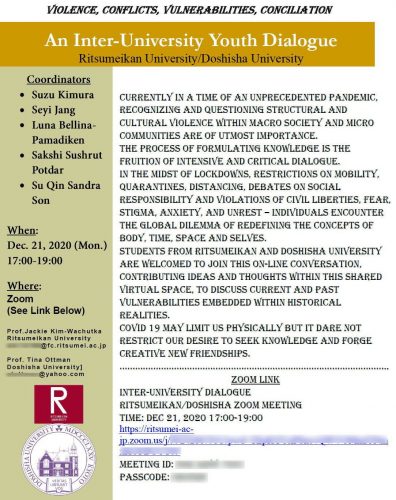
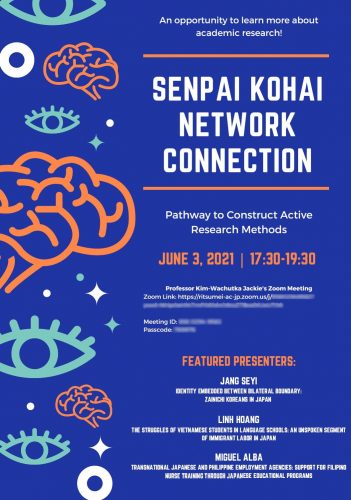
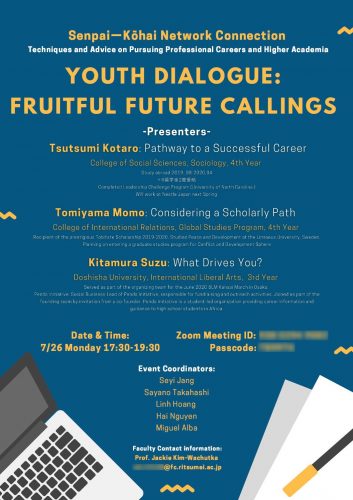
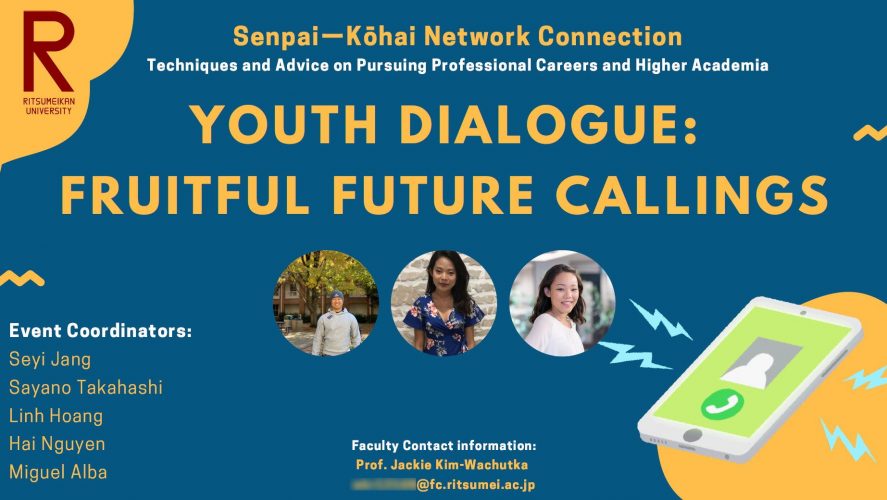
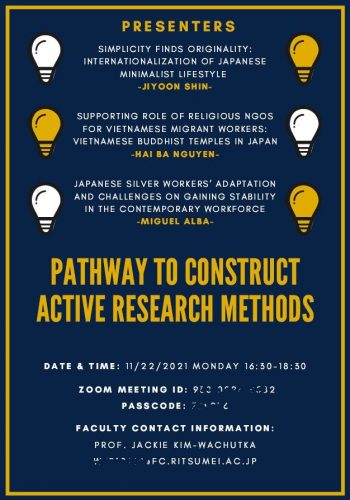
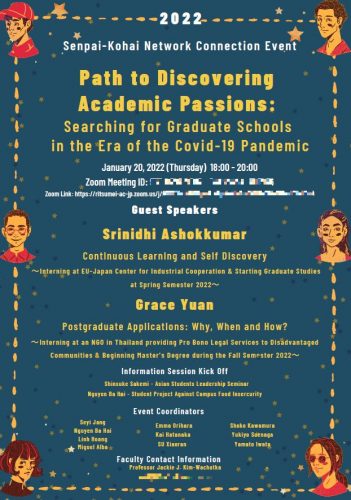
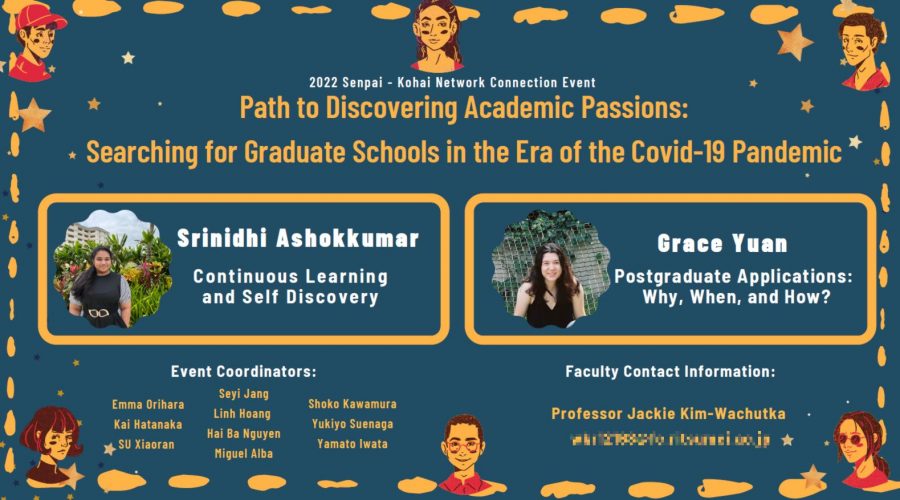
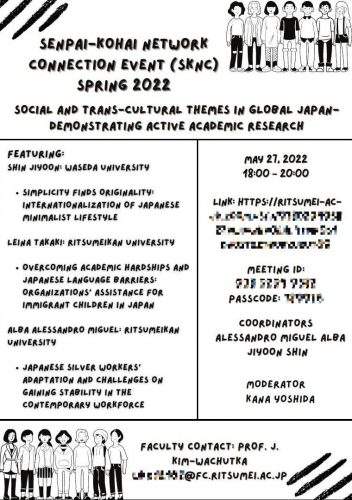
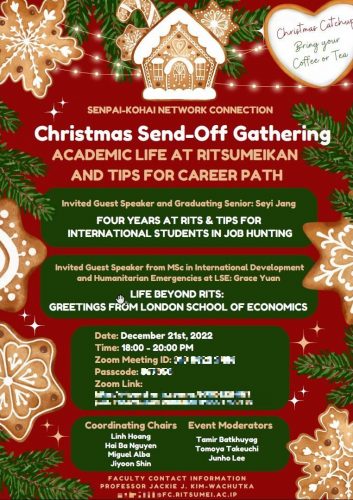
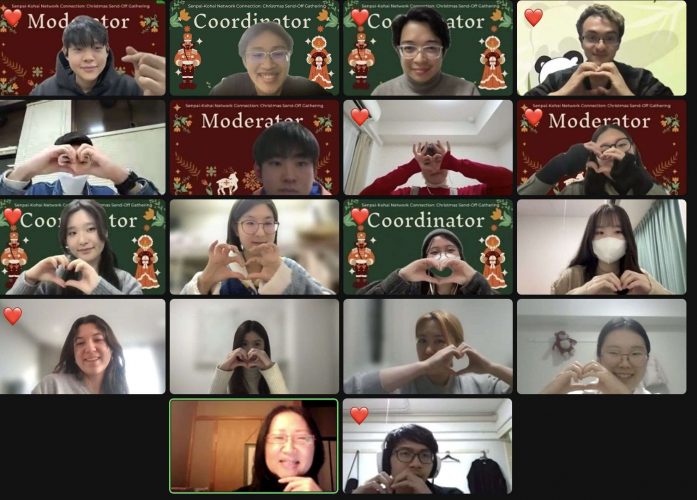
In an international educational setting it is necessary to instill global agency over mere global competence. Trendy catchphrases of “globalization”, “internationalization”, and “diversity” have entered the vernacular of institutions, organizations, and centers of higher-learning to display characteristics of leadership, competitiveness, innovation, and ability. Yet, for many, these terms remain abstract and unclear. What do these words actually mean on an individual and personal level? How do we locate the “self” within this global context? What is our position within these ambitious ideals and principles? Further and even more pertinent in the current times, how are selves nurtured in an era of tension, conflict, disparities, violence, insecurities, and risk?
Within my courses I emphasize that the self is a multiplicity of existences. At a certain moment, one is part of a “normal” majority without prominent inflictions. Suddenly however, there arises a moment of vulnerability and insecurity and one unexpectedly becomes a minority. The unfamiliar disparity and all that this status implies could alter a previously grounded sense of self. Hence, I accentuate the significance of paying close attention to the “micro” problems of society, specifically the challenges of life’s circumstances that confront not only those on the periphery but also has the potential to inflict anyone at a given moment. Discrimination, racism, oppression, subjugation, class struggles, alienation, categorization, and stigma are common afflictions of all societies. All members of society are directly or indirectly vulnerable from the impacts of these violations. However, in the midst of these social ails, simultaneously, individuals within civil society and social movements vibrantly strive to empower selves and seek equality and justice within their local community, town, city, and region, while also reaching out to the broader global community. Working within one’s own community and society better enables the journey towards the “others” of the world, and likewise, the other that everyone could also one day become. I challenge my students to discover their own potential by knowing themselves and their immediate surroundings so that they may also empower others. I emphasize the importance of recognizing the value of small things often over-looked and cast aside but have infinite and unimaginable potential.
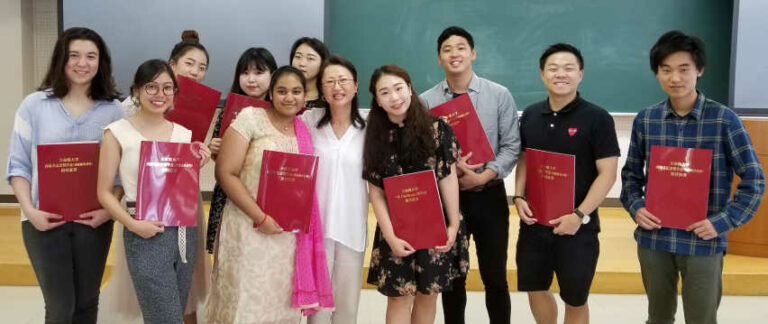
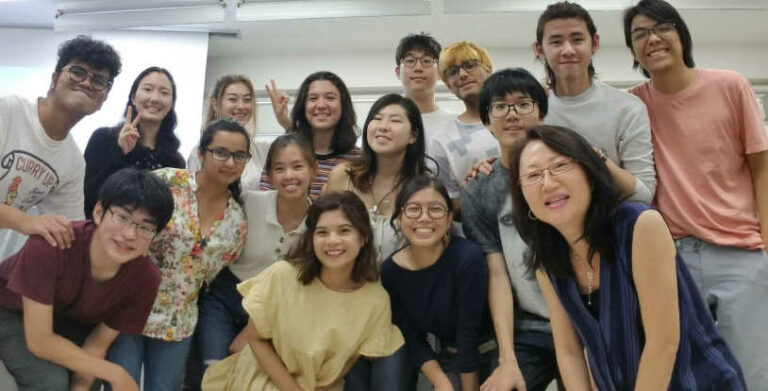
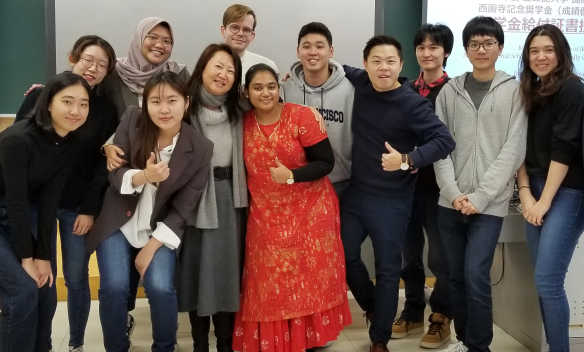
Each semester I teach students from more than 15 different countries as well as Japanese students who have had different degrees of multi-cultural exposure and international life-experiences. Diversity in ethnicity, language, culture, nationality, gender, religion, sexual orientation, or social and economic class creates a fruitful and rich learning environment that offers the basis of what global education should pertain to. A stimulating environment where exchanges of diverse thoughts, ideas, and beliefs take place is global education in action.
In my years of teaching both Japanese and international students, I have found that motivation is at its highest when students clearly know specifically what they are learning and why they are learning. The content must be project-based hands-on tasks and, crucially, it must be practical and meaningful.
In the current milieu as the world continues to face numerous polarizations, extremisms, conflicts, and challenges, the imperative of humanities within global education is ever more pertinent. The core of an education offering points of connection and intersections of diverse minds that transcend languages and cultures is encompassed by reflection. The themes of humanities reflect upon the human spirit common within us all, stirring curiosity, imagination, and desire to simply know. Such approach provides the ability to think critically and reflect deeply upon the self and meaningful encounters with the other.